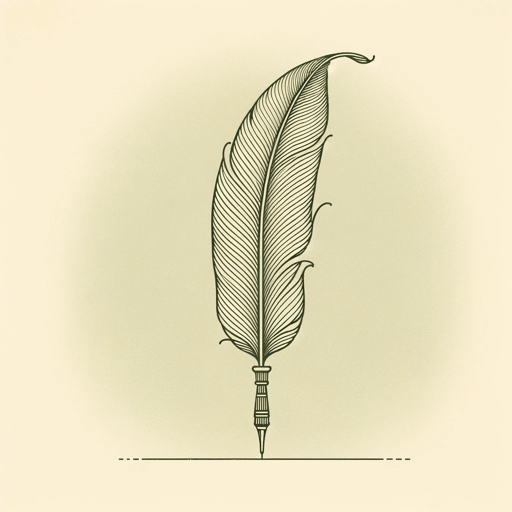39 pages • 1 hour read
James M. McphersonFor Cause and Comrades: Why Men Fought in the Civil War
Nonfiction | Book | Adult | Published in 1997A modern alternative to SparkNotes and CliffsNotes, SuperSummary offers high-quality Study Guides with detailed chapter summaries and analysis of major themes, characters, and more.
Themes
Masculinity
McPherson mentions the idea of the masculine code many times in the book, referring to both Northern and Southern soldiers. For many from both sides, masculinity is related to honor and duty, both of which give them the courage to follow their convictions and fight for the side they believe in, and to continue fighting long after the initial conviction has waned. Early in the book, McPherson gives examples of what soldiers considered cowardice: “Helping a wounded comrade to the rear was a favorite device to escape further fighting” (8). Other ways were to hide in the woods, or pretend to be sick. And though there were numerous examples given, McPherson also points out the scorn heaped upon men who would avoid fighting—they were ruined for life, he says, unable to go home, because other soldiers in the unit would write letters that spoke of their cowardice.
Soldiers also ask their families to hold to honor and courage. They write letters saying they can’t come home. They refuse to ask for discharges when injured. They feel their manhood will be diminished if they desert a fight, even if they have already fought. Their sense of manhood binds them to their duty, meaning honor and courage and masculinity are all tied together.
Related Titles
By James M. Mcpherson



